Supplier Diversity Dashboard
Discover the intricacies of the regional business landscape with our Supplier Diversity Dashboard. Focus on the representation and influence of diverse suppliers across industries, understand the economic contributions to diverse communities, and delve into the wider socioeconomic landscape to guide your strategic decisions.
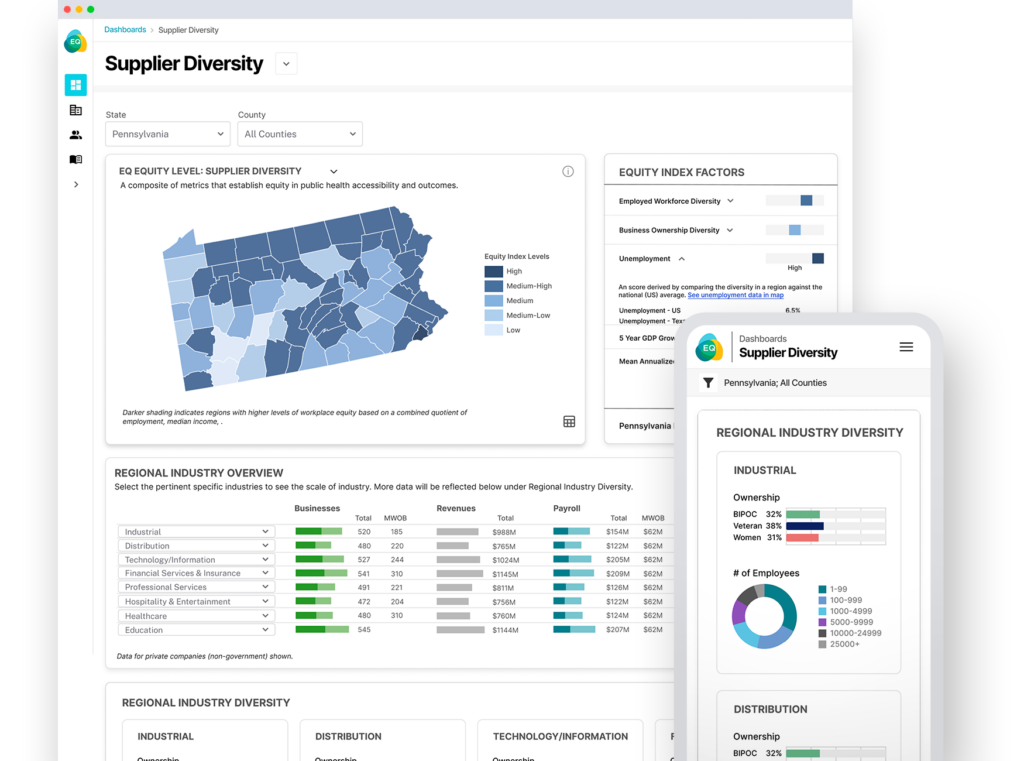


Supplier Diversity Insights Unlocked
Equip yourself with insights that matter, driving strategies and actions that make a difference.
What?
Comprehensive Data Fusion for Unrivaled Insights
Get invaluable insight into supplier diversity, internally and within your community. By intersecting data from BEA, BLS, EEOC, American Business Survey, American Community Survey, and Quarterly Workforce Indicators from the US Census, this dashboard provides an unmatched view of regional Business Landscapes.
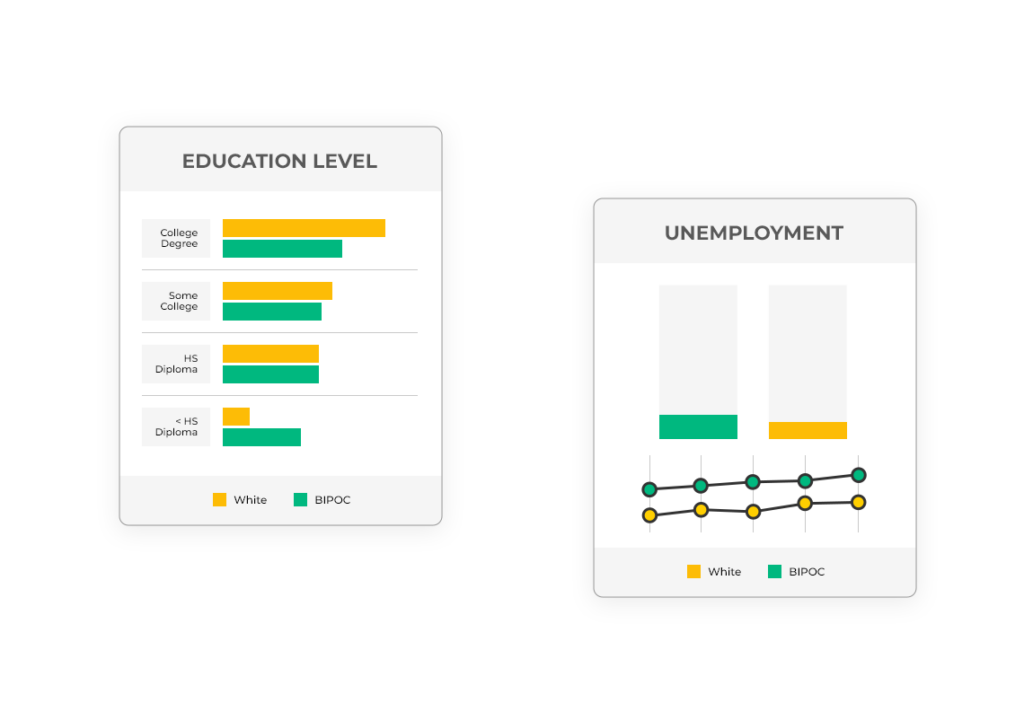
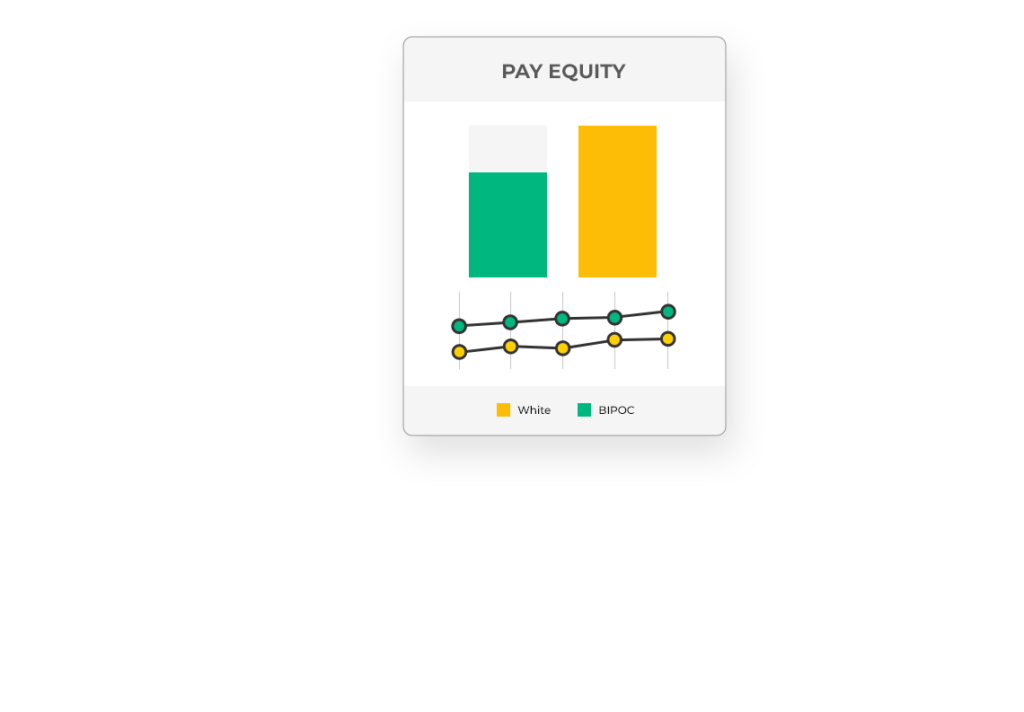
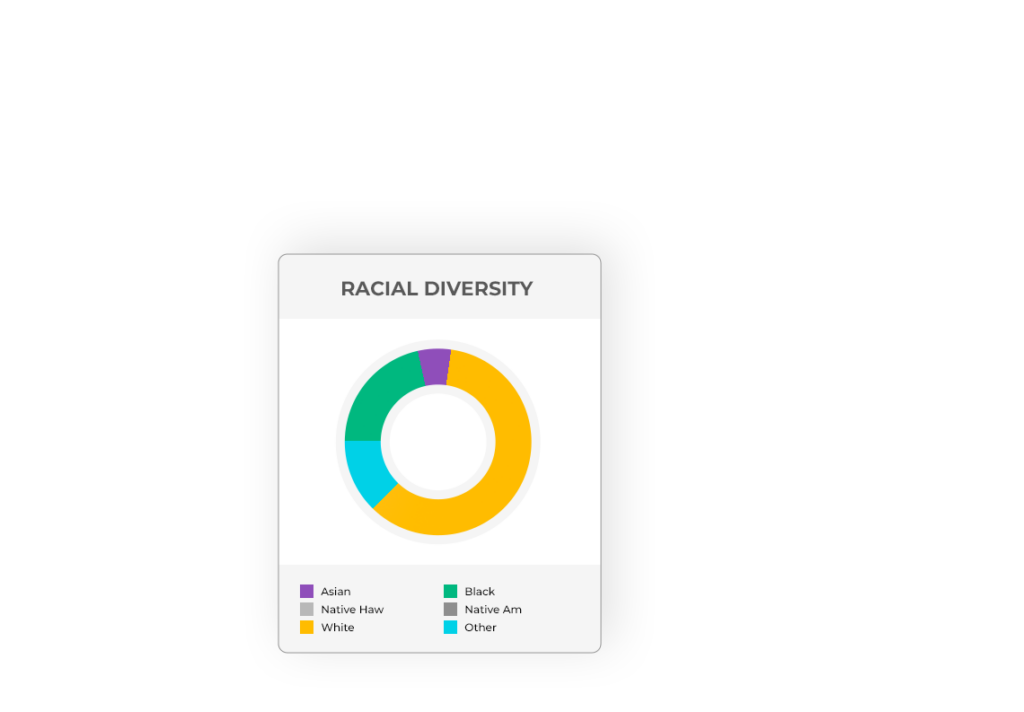
Why?
To Empower Inclusivity Through Business Intelligence
By offering context around diverse business ownership and workforce composition across industries, we provide the foundation to steer impactful supplier diversity initiatives and foster economic development tailored to individual communities.
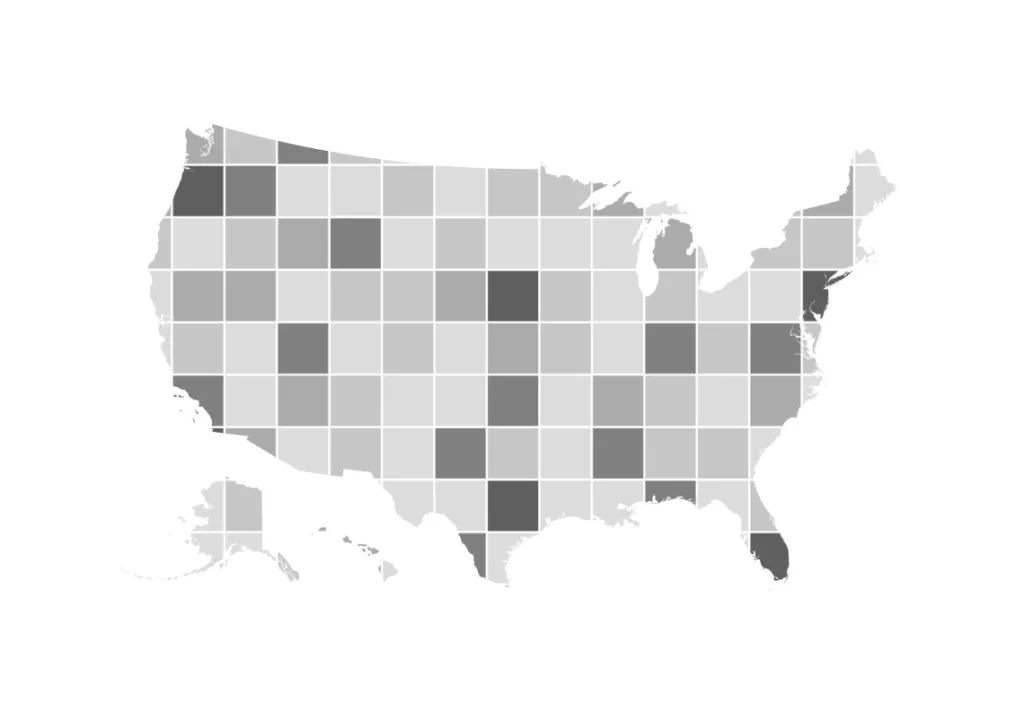


Wh0?
Leaders Seeking Opportunities for Inclusive Procurement
With a clearer grasp on the diverse business landscape in specific regions, especially focusing on diverse ownership and payroll impacts, companies can pinpoint opportunities to diversify their supplier base. This paves the way for more inclusive procurement strategies, driving both socioeconomic progress in served markets and ensuring favorable business outcomes.



How?
By Answering Questions that Shape Diversity Initiatives:
Every impactful action started with a great question:
What industries have a strong percentage of diverse suppliers (minority and women owned businesses-MWOB)?
Which sectors might present opportunities to expand diverse businesses that could serve as suppliers to larger firms in the region, creating an opportunity to meet demand while also bolstering economic opportunities in diverse, underserved communities?
Are there areas where investments in diverse suppliers could bolster socioeconomic KPIs, such as graduation rates, unemployment rates, pay equity, home ownership, access to credit, and healthcare coverage?





